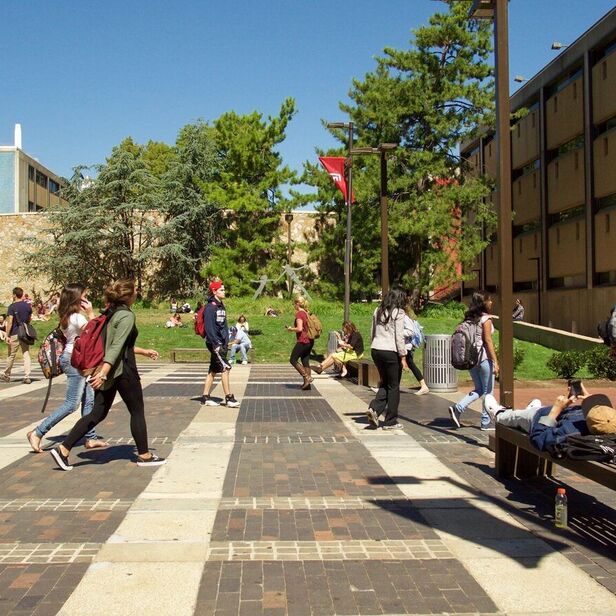
News
Congresswoman Lee Introduces Bipartisan Legislation to Expand Tutoring Access for Underserved Students
The PATHS to Tutor Act would expand access to tutoring for students in underserved communities.
December 09, 2025

News
Congressman Valadao Expands Access to Education in the Central Valley
Congressman David Valadao joined Congresswoman Susie Lee to reintroduce the PATHS to Tutor Act.
December 09, 2025


Blog
Translating a national policy framework into state action: a roadmap for teacher pathways
DFI will release a series of state action guides to strengthen pathways into teaching.
November 19, 2025


News
Maryland’s big bet on the science of learning
They’re training all k-12 teachers in how the brain learns.
October 31, 2025
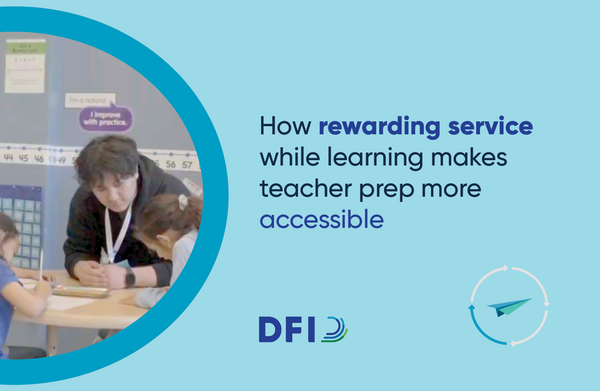
Blog
How rewarding service while learning makes teacher prep more accessible
Policy can be leveraged to lower financial barriers for aspiring educators to enter pathways.
September 12, 2025
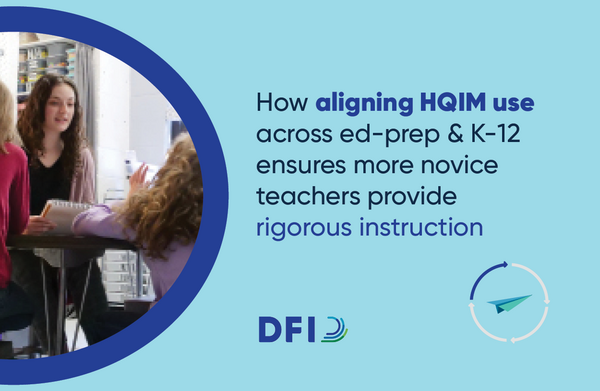
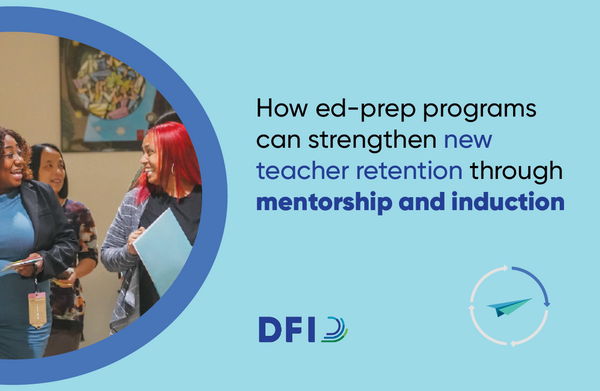
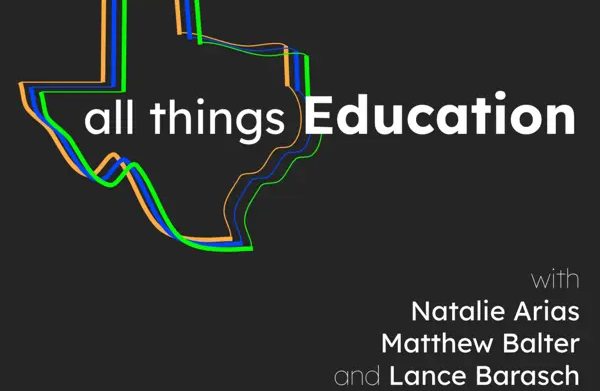
News
Pathways Into Teaching on the All Things Education Podcast
DFI's Patrick Steck and Geoff Carlisle join this TeachPlus Texas podcast to discuss HB2 in Texas.
August 04, 2025
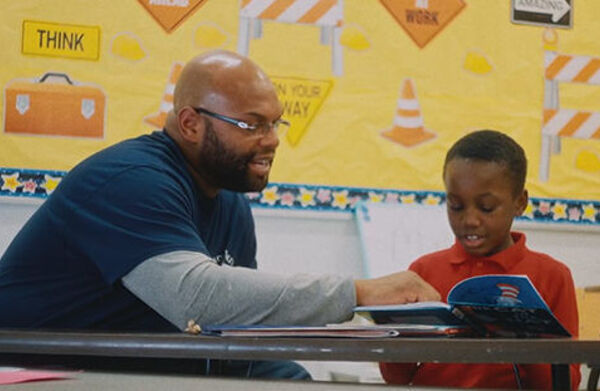
News
Building the Workforce for Tutoring: Emerging Options & Strategies
Panelists discuss emerging strategies for building a sustainable tutoring workforce.
July 29, 2025

News
Let’s Rethink How We Teach Early Math – Starting with Teacher Prep
Ensuring future teachers know how to teach math to young children is among the most powerful steps.
July 23, 2025




